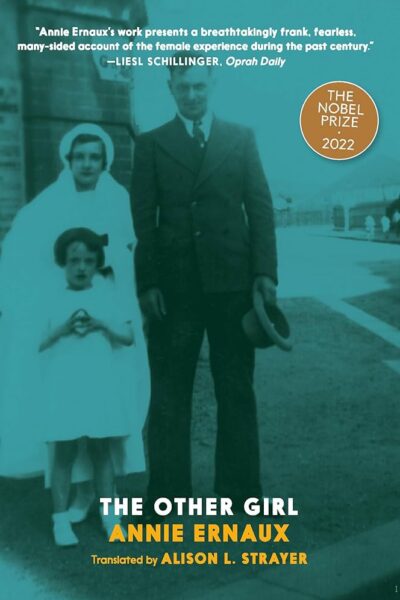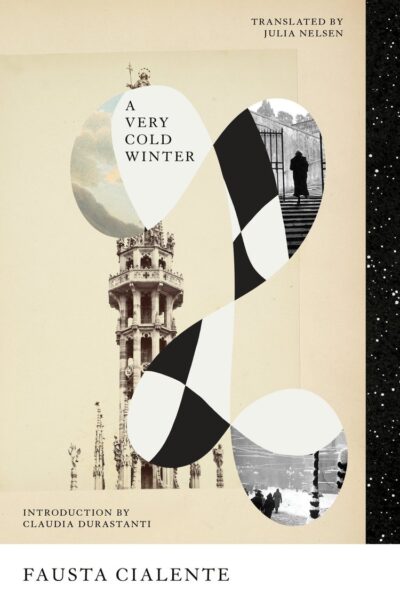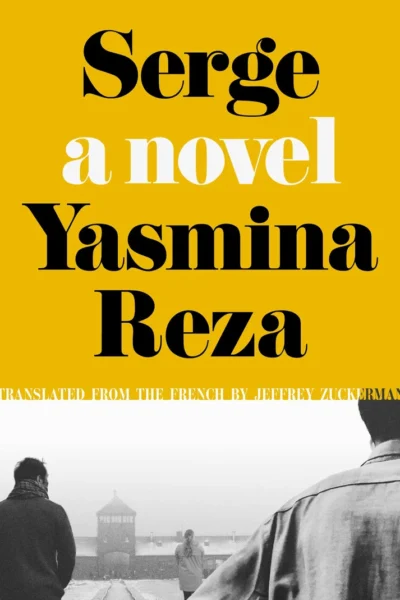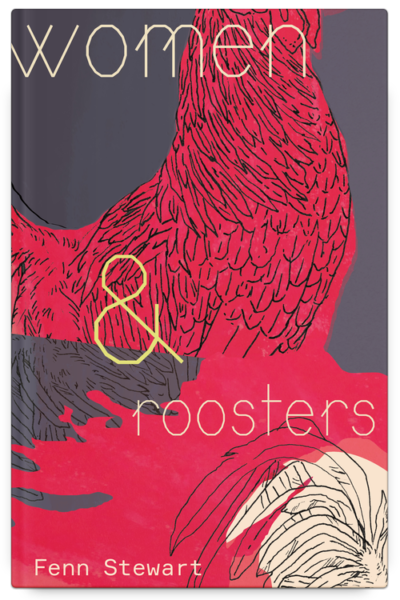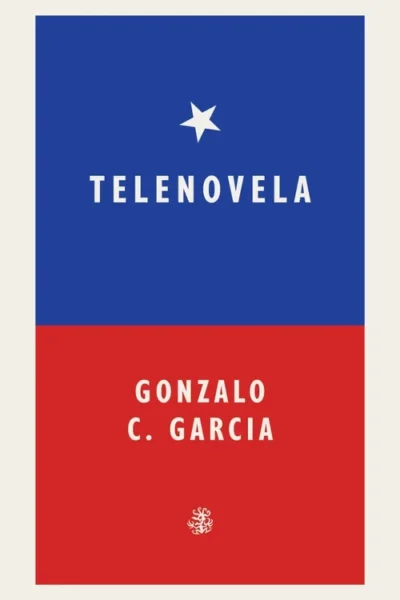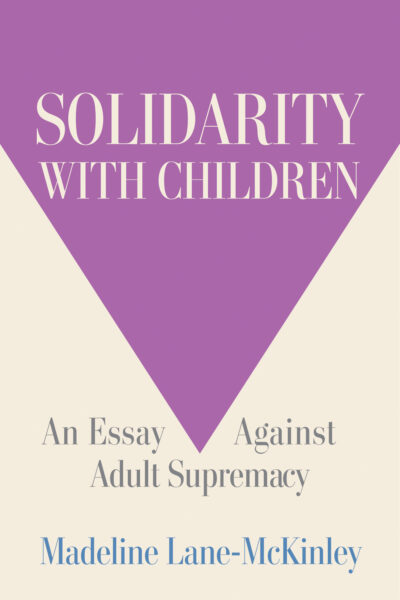Rather than recounting a biography, Ernaux is writing into a silence.
A Very Cold Winter – Fausta Cialente
War, and its constitutive masculinism, threatens everyone’s dreams, chances, and sense of selves.
Rahul Soni’s translation makes space in English for a bridge between the historic and the contemporary, offering a critique of power across time and space.
The nose is not just cartilage and skin; it is inheritance, race, femininity, a mark of refusal, a repository of hatred and desire.
In Bianco, intellectual conviction slips into conspiracy.
At stake in such multitudes, of which Reza’s novel surely is another substantial contribution, seems to be a fundamental rejection of the premise of Adorno’s dictum “To write poetry after Auschwitz is barbaric.”
women & roosters – Fenn Stewart
Good poetry is never arbitrary; it’s active and intentional, like an argument.
Telenovela — Gonzalo C. Garcia
Rather than a victim of history, Lucho is drawn as a stand-in for it — voicing an optimism of national possibility fueled by the hyperbole of propaganda.
The Woman Dies circumvented my critical brain: it made me laugh, shocked me, revealed my tastes to be safe rather than incisive.
Solidarity with Children – Madeline Lane-McKinley
Children do depend on adults, but dependence need not entail domination.


